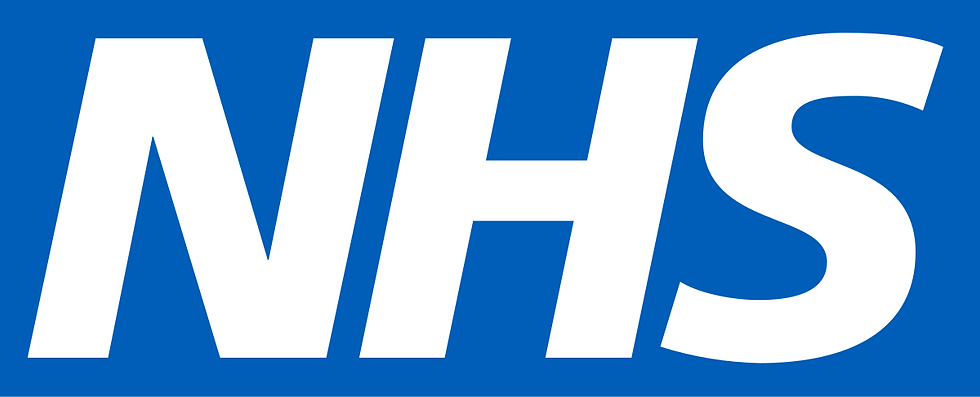What is the Reality of NHS Nurses: Uncovering the Current Status and Challenges
- Carl Olvidado
- Mar 25
- 3 min read
The National Health Service (NHS) is a cornerstone of healthcare in the UK, with nurses taking on critical roles in delivering patient care. As we face changing healthcare demands, financial constraints, and the ongoing impacts of a global pandemic, it is essential to examine the current status of NHS nurses and the various challenges they encounter.
The Current Landscape of NHS Nurses
With around 700,000 employed nurses, the NHS boasts the largest workforce in the healthcare system. Despite their essential contributions, the nursing profession is grappling with significant challenges. Reports show that one in three nurses has experienced high levels of burnout, prompting calls for immediate action. Increased workloads and staff shortages are commonplace, affecting nurses' well-being and the quality of patient care.
The COVID-19 pandemic has intensified many of these challenges. Nurses have fought on the front lines, coping with higher patient loads, emotional stress, and increased exposure to illness. Many report feelings of exhaustion and overwhelm, leading to turnover rates exceeding 10% in some NHS trusts.
Nursing Shortages: A Growing Concern
The nursing shortage is a critical issue impacting the NHS's ability to provide essential care. Recent statistics indicate a shortfall of more than 40,000 nurses across the NHS. Contributing factors include an aging workforce, the emotional toll of nursing, and challenges with recruitment.
Many nurses now face additional responsibilities due to staffing gaps. More than 70% of nurses indicate they are taking on extra duties, which only increases the risk of burnout. Furthermore, experienced nurses are retiring earlier than expected or leaving due to stress, creating a challenging cycle of shortages.
The Impact on Patient Care
The increasing challenges faced by NHS nurses directly impact patient care. High nurse-to-patient ratios can result in rushed assessments and less time for meaningful patient interactions. Studies suggest that when nurse workloads exceed safe limits, the likelihood of medical errors increases by nearly 30%.
Patients deserve quality care, yet many nurses feel they cannot meet expectations given their overwhelming workloads. This situation creates a distressing scenario for both nursing staff and patients alike.
Addressing Mental Health and Well-being
Mental health among nurses is a pressing concern. The job's demands, compounded by the pandemic, have led to alarming rates of anxiety and depression. Recent surveys reveal that over 40% of nurses show signs of moderate to severe anxiety.
Organizations are starting to recognize the importance of mental well-being by implementing support systems like counseling services and peer programs. However, the stigma surrounding mental health can discourage nurses from seeking assistance. Creating a supportive environment where nurses can openly discuss their mental health is crucial for retention and overall workforce health.
The Role of Technology in Nursing
Technology advancements present both challenges and opportunities for nurses. Tools like electronic health records (EHR) and telehealth services can simplify processes, enabling nurses to devote more time to patient care. However, these technologies require significant training and can be frustrating when systems malfunction.
Healthcare facilities should involve nurses in deciding which tools to implement. By considering their perspectives, organizations can develop solutions that genuinely help both nurses and patients, ultimately improving the standard of care.
Advocacy and Policy Changes
Efforts to enhance the situation of NHS nurses also depend on advocacy and policy changes. Unions and nursing organizations are striving to influence government policies that affect staffing ratios, healthcare funding, and workplace conditions.
To stem turnover and recruit new staff, it is vital to address issues such as pay disparities and workplace environments. Collaborative efforts among healthcare leaders, policymakers, and nursing professionals are essential for meaningful progress.
A Call to Action
The current status of NHS nurses reflects broader issues in the healthcare system. While NHS nurses are dedicated and resilient, the growing demands and inadequate resources are concerning. Without effective solutions and support, the future of nursing in the NHS—and the quality of patient care—remains uncertain.
By focusing on the challenges outlined in this post, society can better support NHS nurses and ensure they are prepared to provide high-quality care. Sustainable change is crucial not only for nurse well-being but also for the health of the entire population relying on the NHS. Recognizing the valuable role nurses play in healthcare will pave the way for better solutions and improved patient outcomes.



Comments